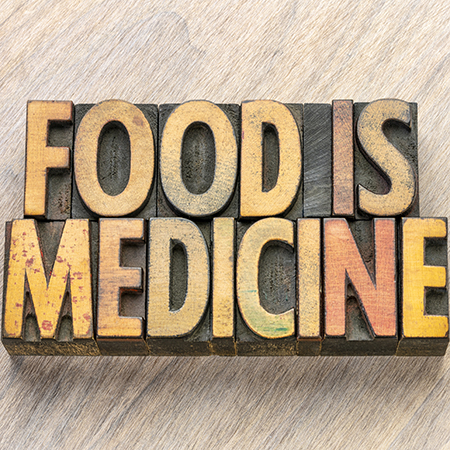Charity, Vegetarian for Life (VfL) has launched new online training to help those who cater for vegan and vegetarian service users and published a new guide, ‘Nutrition for older vegetarians and vegans’.
Both the course and guide are accredited by the British Dietetic Association (BDA). The course features five dedicated modules sharing best practice, and tips on catering for plant-based residents and meat-reducers in your care.
Topics include what vegans and vegetarians eat, plant-based nutrition and fortification, meal planning, and how to cook with alternatives to meat and dairy. Each module includes easy-to-follow recipe videos with some fantastic, tasty recipes for you to introduce to your menus.
Created by VfL's team of chefs and nutritionists, the conveniently bite-sized training will help the care organisation to take its plant-based catering to the next level.
Tutor Alex Connell says: "I have been vegetarian for 30 years and a chef for 20 years, so it does come naturally to me now. However, I understand that there can be confusion for some in care catering around what vegans eat and what to offer as alternatives. So this course is aimed to be straight-forward, yet very comprehensive.
"We have included recipes that are well received time after time, and won't take hours in the kitchen. Cooking for vegan and vegetarian residents doesn't have to be a big task, and with a little planning and preparation we know that the dishes will be enjoyed by many - and not just the veggie residents."
The online course can be completed by team members at a time to suit them – all that is required is a laptop and internet connection. The course takes about 2.5 hours to complete but doesn’t have to be done in one sitting. Once completed there will be a short test and a certificate will be issued.
Beth Rougier, a registered dietitian specialising in plant-based nutrition, says: "The Health and Social Care Act requires caterers to provide vegans and vegetarians with a diet that meets their nutritional needs. Like any diet, a plant-based diet needs to be well-planned, to ensure that it is healthy and balanced.
"This training course educates caterers about the core components of a plant-based diet, and provides strategies and practical advice to meet the nutritional needs of older vegans and vegetarians."
Beth was also involved in the development of VfL's new guide. Ideal for care home and hospital caterers, the 24-page publication answers frequently asked questions, such as how to stimulate appetite or boost nutrient intake, and good sources of protein for those on texture-modified diets. A daily menu plan is included, as well as suggested vegan fortification agents, finger foods, and even vegan options that may be suitable for lower-fibre diets.
Beth adds that it's vital that people understand the needs of an older person - whether plant-based or not. "Nutrition science is complex, and a lot of publicly available information is misleading. Dietitians are trained to match the best scientific evidence to the needs of their clients, to create healthy and achievable dietary plans. This guide was originally written in 2013, to provide practical guidance on plant-based diets for older adults. I reviewed and updated it in 2020, to reflect the latest scientific evidence."
Click here to register for the training.
Click here to download a copy of ‘Nutrition for older vegetarians and vegans’.










